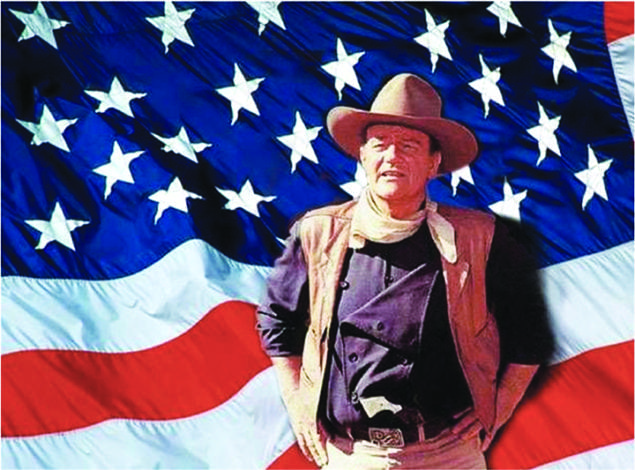
When I moved to Miami in 1972, I was hired as an account executive in radio broadcasting. I had already spent 10 years as an advertising rep and sports announcer in smaller markets where our stations were unchallenged for hegemony in the marketplace.
Upon arriving here, I quickly discovered that advertising agencies held the key to a company’s ad decisions. They relied on ratings—the number of people listening at a given time—to determine who was on top and worthy of the client’s budget. There were 35 stations in South Florida. If your radio station was lagging in the ratings, you were going to a have a tough time getting any business.
WGBS, a two-story brick building on the corner of Brickell and SW 8 Street, was my new address, and they were one of the laggards in the ratings department. The station couldn’t decide if they were a talk, music or sports station, so they tried to be all three – with poor results. I was doing okay production-wise, but the future didn’t look so hot at this very confused radio station.
After eight months, another station came calling. The sales manager at WWOK Radio had apparently heard about me through the grapevine. They were losing their #2 salesman and wanted to talk to me about the position. WWOK was a smaller station, but they were the only one in the market broadcasting country music. I made the switch and was very happy that I did.
I was given a good deal of freedom in creating ad campaigns. And, one of the one’s I came up with landed me face to face with Gray Advertising, a politically connected shop who controlled the ad buys for Wometco Enterprises and Grand Union Supermarkets. Arthur Gray and his wife Bea Gray headed up the agency; Bea was a tried and true New Yorker like so many who have settled here. Miami is kiddingly referred to as the city’s sixth borough. So being a self conscious Midwesterner, a clash was inevitable.
And, that’s when the Duke entered into the discussion. John Wayne had recorded an album with the great star reciting vignettes about American landmarks and iconic heroes. They were entertaining shows which included stories about the Rocky Mountains, Arnold Palmer and the Statue of Liberty. I thought the Wayne series would integrate well with OK’s music programming and came up with a July 4 weekend schedule featuring the Duke and his essays. We needed a sponsor, so I made an appointment to see Bea at her office, a few blocks away from our station on Coral Way.
I wrote a sample script for the Wayne series, inserting Grand Union’s name in the advertising copy and brought a trusty tape recorder which included a sample of what a broadcast show might sound like. She rejected the idea almost immediately after the audition played. Not much explanation was given. I gathered she didn’t want to “rock the boat” or perhaps thought the proposal was “beneath” them. Or maybe the whole deal didn’t amount to enough ad dollars to interest their agency. Bea’s husband listened in to the short presentation but didn’t say much.
“Bea, any salesman worth his salt would ask you this,” I began my counter argument. “Would you have any objection if I presented the program to Grand Union directly?” Her somewhat surprising answer: “Go ahead. You have my blessing.”
A few days later I appeared at the supermarket’s main office in Hialeah for a sit down with Al Anthony, the executive in charge of all the stores’ advertising on the east coast of the United States. Not only did I get a deal from them, Mr. Anthony ordered the same program for several of the other radio stations they did business with.
I never said much to Gray Advertising about what happened. But Mrs. Gray had something to say to my boss Dick Kelsey shortly after the series was broadcast. She told him that “Bob earned his spurs.”
Bob Goldstein is a retired broadcaster who has lived in South Florida for more than forty years. He is a veteran political activist (dsdcfl.org) and a member of the South Florida Writers Association. If you’d like to comment on Bob’s columns, send your response by email to robertgrimm62@yahoo.com.






